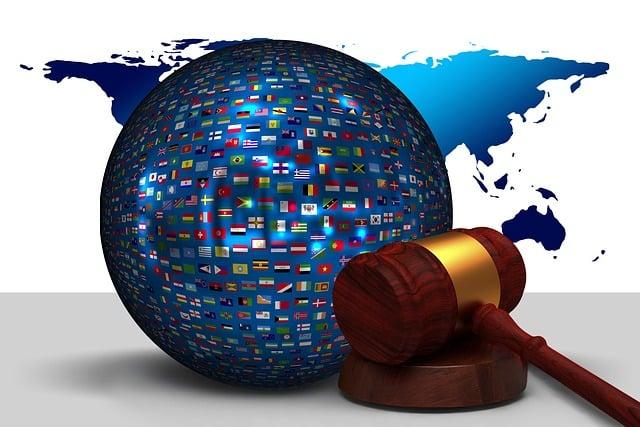The Role of International Courts in Prosecuting War Crimes
War crimes represent some of the most heinous violations of international law, encompassing a range of acts such as genocide, torture, and the deliberate targeting of civilians. The prosecution of these crimes is vital for achieving justice and accountability. International courts play a critical role in this process, delivering justice in a system that often faces significant challenges. This article will delve into the pivotal functions of these courts, their history, benefits, case studies, and the ongoing fight for justice.
Understanding International Courts
International courts are judicial bodies established to adjudicate disputes and assess violations of international law. They play an essential role in addressing war crimes that often occur during armed conflicts. Notable institutions include:
- International Criminal Court (ICC): Established in 2002, the ICC prosecutes individuals for genocide, crimes against humanity, and war crimes.
- International Criminal Tribunal for the former Yugoslavia (ICTY): Functioning from 1993 to 2017, the ICTY was crucial in prosecuting war crimes committed during the Yugoslav Wars.
- International Criminal Tribunal for Rwanda (ICTR): Established in 1994, the ICTR was instrumental in addressing the genocide against the Tutsi population.
The Historical Context of War Crimes Prosecutions
The prosecution of war crimes has evolved significantly over the past century:
The Nuremberg Trials
Following World War II, the Nuremberg Trials set a precedent for international justice, bringing Nazi leaders to trial. This pivotal moment established the principle that individuals can be held accountable for war crimes, regardless of their governmental status.
Modern Developments
The establishment of permanent international courts, such as the ICC, reflected a shift towards a structured approach to prosecuting war crimes, fostering global cooperation and legal standards.
Benefits of International Criminal Prosecution
International courts serve several crucial functions in addressing war crimes:
- Justice for Victims: They provide a platform for victims to seek justice and acknowledgment of their suffering.
- Deterrence: The prosecution of high-profile offenders may deter future crimes, signaling that impunity is not a viable option.
- Rule of Law: International courts reinforce the rule of law and contribute to global governance.
- Truth and Reconciliation: The processes contribute to historical recognition and reconciliation efforts post-conflict.
Challenges Facing International Courts
Despite their critical role, international courts face numerous challenges:
- Political Interference: Courts may struggle with cases involving powerful nations or influential figures.
- Lack of Enforcement: International courts depend on member states for the enforcement of their rulings, which can lead to non-compliance.
- Resource Limitations: Funding and resources can restrict the effectiveness and scope of investigations and prosecutions.
Case Studies of International Courts in Action
Examining specific cases highlights the impact of international courts on prosecuting war crimes.
Case Study: The ICTY
The ICTY successfully prosecuted key figures from the Bosnian War, including Radovan Karadžić, who was sentenced to 40 years in prison for genocide and other crimes. This case underscored the court’s role in providing justice and establishing accountability in some of the most severe conflicts of the late 20th century.
Case Study: The ICC and the Situation in Libya
The ICC issued arrest warrants for former Libyan leader Muammar Gaddafi in 2011 for crimes against humanity. Though Gaddafi was killed before trial, the court’s intervention emphasized the potential for international accountability in acute crises.
Practical Tips for Engaging with International Courts
For individuals and organizations aiming to engage with international courts, consider the following:
- Educate Yourself: Understanding the legal framework and proceedings can enhance the efficacy of advocacy efforts.
- Support Victim Advocacy Groups: Collaborating with NGOs that support victims can amplify voices and impact.
- Stay Informed: Follow current cases and developments to better understand the evolving landscape of international law.
Conclusion
International courts are fundamental in the fight against impunity for war crimes. Through their complex mechanisms, they seek to deliver justice, uphold the rule of law, and provide a voice for victims worldwide. The road ahead is fraught with challenges, but the pursuit of accountability offers hope for a more just international community. As we witness an increasingly interconnected world, the continuing evolution of international law and courts will be pivotal in addressing the atrocities of war and ensuring history does not repeat itself.



